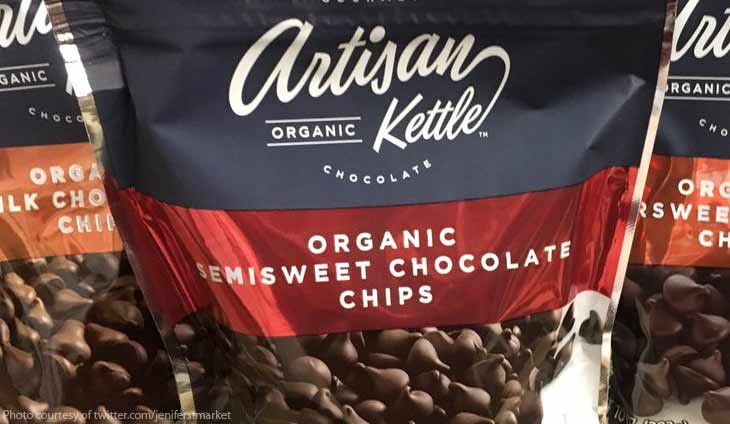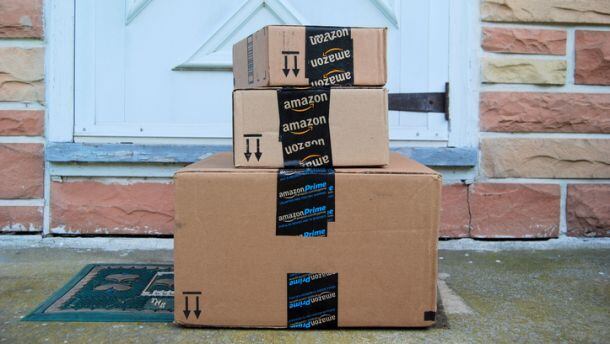In a note issued after Whole Foods posted a 0.6% rise in sales to $3.7bn and a 1.9% decline in same store sales in the quarter ended July 2, Neil Saunders, Managing Director of GlobalData Retail, said the figures remained sobering, even though they were slightly above forecasts.
“The reality remains that the iconic grocer is in decline and is struggling to turn itself around. Both the sales and profit lines attest to this fact. The 1.9% dip in comparable sales is certainly a less harsh decline than that posted in recent quarters, but this is only because it comes off the back of a 2.6% fall in the same period last year. In any case, the figure underscores the problem that Whole Foods continues to lose market share at many of its established stores.”
Although total revenues rose, they did so by an “anemic” 0.6%, which is below cost inflation, which has created a squeeze on operating income (down 13.9%), he noted.
“Although Whole Foods remains profitable, the deterioration in its financial position gives it much less headroom for maneuver in terms of future investment and sharpening prices.”
Removing investor scrutiny will give Whole Foods breathing space
Against this backdrop, it is “fortunate that Amazon [which recently unveiled plans to acquire Whole Foods for $13.7bn] has come to the rescue,” he said.
That said, “Amazon does not solve all of Whole Foods' woes; nor does it fix the broken elements of the proposition. However, it brings two immediate benefits. First, it removes investor scrutiny and pressure, something that allows Whole Foods the breathing space it needs to reinvent. Second, it will ensure that investment in the business continues, even against the backdrop of a deteriorating balance sheet.”
Longer term, Amazon brings a “whole host of other benefits,” however. “Foremost among these is the advantage of scale.”
While Amazon will not be able to change things overnight, “using its platforms to distribute some Whole Foods brands and widening customer reach with a better e-commerce offer, will benefit volumes,” he predicted.
The bar has been raised in the grocery market, and Whole Foods has not moved with it
However, “As much as the Amazon deal is helpful, it does not mean Whole Foods can relax,” he said. “We believe the company has lost much of its appeal and needs to think more carefully about its proposition and the uniqueness of its offer.”
The truth is that many food retailers are now providing experiences “on par or similar to those of Whole Foods,” with keener prices, he said. “Meanwhile, local players - like Bashas' owned AJ's in Arizona - are just as good if not better than Whole Foods in terms of selection, quality, and experience. All have nibbled away at Whole Foods' market share.
“The blunt truth is that the bar has been raised in the grocery market, and Whole Foods has not moved with it. Addressing this is arguably the biggest challenge Amazon will face as it takes ownership.”
When will we start seeing changes?
While suppliers of Whole Foods are still uncertain what new ownership might mean in the short term, especially when it comes to pricing, there is a general feeling that Amazon will ultimately have a disruptive impact both on Whole Foods and the wider market as a result of this deal.
And some suppliers are predicting rapid changes once the deal goes through later this year.
Beth Goeddel, VP of marketing at organic chocolate brand Artisan Kettle, told FoodNavigator-USA that she expected Amazon to move fast: “I think it will make a difference in the not too distant future. Amazon is deliberate, and strategic, but very nimble.
“I think they’ll make a difference pretty quickly and I think we’ll see changes in Whole Foods stores and via Amazon’s online services in early 2018.

“I definitely see Amazon using Whole Foods’s great real estate; they are in densely populated urban areas and also in a lot of locations that are hard to build distribution centers in and they provide micro or mini distribution centers with refrigerated and frozen space. Think what it means for meal kits. I’d much rather have my meal kit delivered from my local Whole Foods than from hundreds of miles away.”
She added: “I admire Whole Foods’ mission, but the challenge is, it’s expensive, and other retailers have figured out how to do it in a lower cost more efficient way in a competitive low margin grocery sector. Amazon can bring buying power, especially in beauty care and supplements, and they have incredible supply chain expertise.
“The Whole Foods stores can also become test beds for all the technology Amazon has been trialing in its Go stores and its new [bricks & mortar] book stores. I think because Amazon has been so disruptive, I find myself trying to imagine the 'what ifs?' more than I would otherwise, when I'd usually bring a healthy dose of pragmatic skepticism."
Private label
Amazon and Whole Foods both have “amazing brand equity” from a private label standpoint, meanwhile, “and the buying synergies are there for the taking,” she added.
“I sell baking chocolate and were I approached and asked to bid on their business I suspect Amazon will say I’m looking for a 12oz bag of semi-sweet choc chips that are organic with a clean ingredient deck, and I’m going to put this under the 365 brand and there is that much more volume. Things like this will make organic foods more affordable for people.”
Pricing
But what about pricing more generally? Will Amazon immediately seek to tackle the ‘Whole Pay Check’ perception?
“Perhaps they will take prices down,” said Goeddel. “Will it impact margins? Maybe, but over time Amazon can leverage its significantly enhanced buying power in food in order to create more scale and reduce costs and over time those lower prices will get passed onto consumers.”

"For Amazon, boosting profit remains a challenge in the near term. In our view, the company needs to get a firmer grip on fulfillment costs and may also need to review the cost of creating content in the years ahead. Alternatively, Amazon may opt to increase the price of the Prime subscription in line with enhancements to membership benefits.
"This becomes even more urgent as the Whole Foods acquisition proceeds. The need to reduce prices at Whole Foods, increase investment, and integrate the business will all have a temporary dampening impact on profit. Amazon can cope with this, but it still needs to keep an eye on its bottom line."
Neil Saunders, Managing Director, GlobalData Retail
